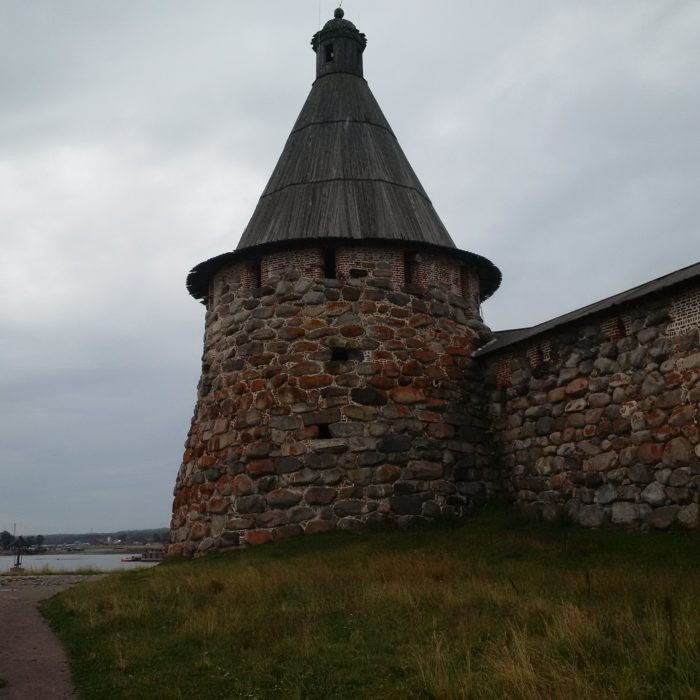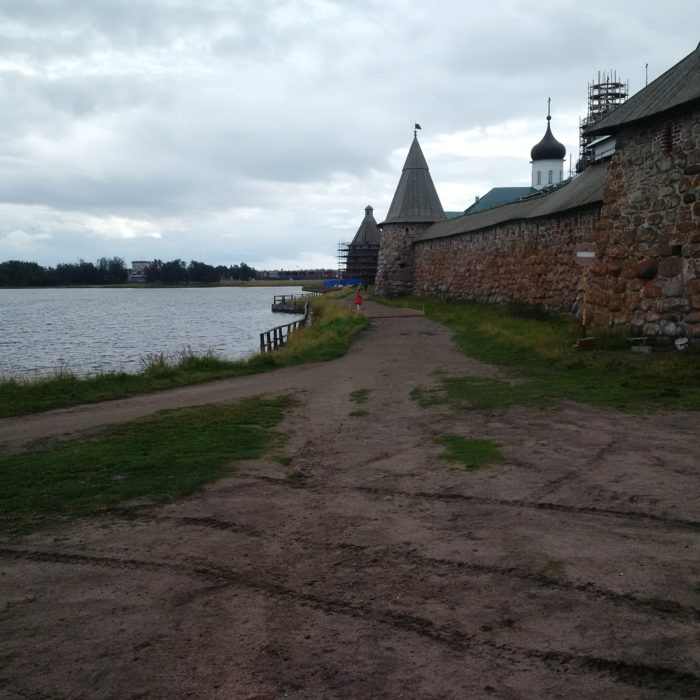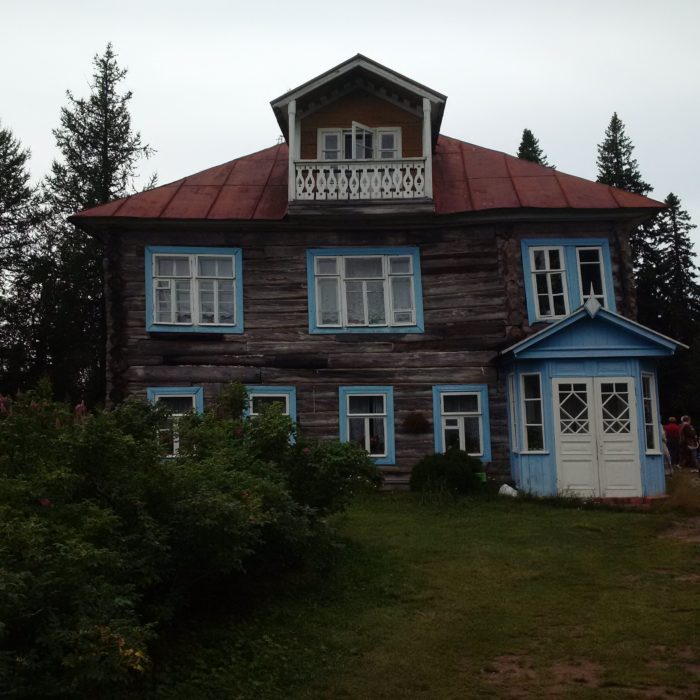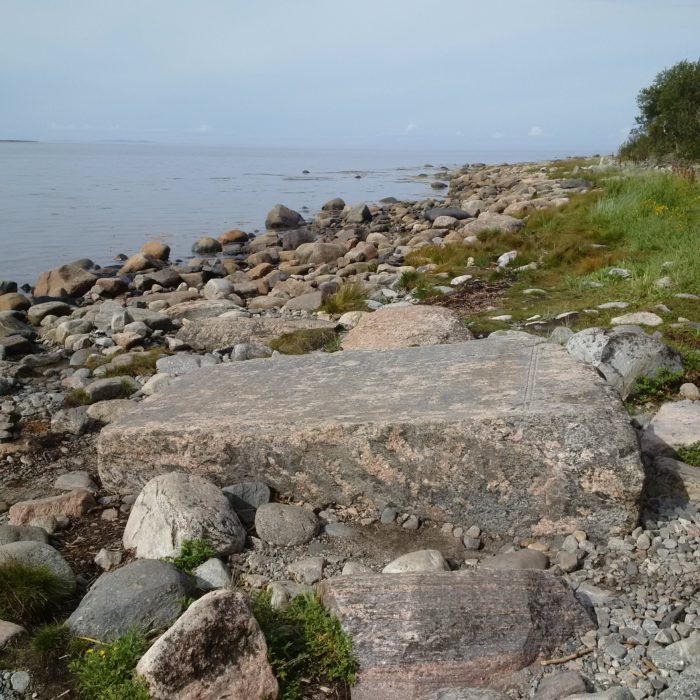28th September 2016
Visit to Solovky Island – a remote, spiritual place with some unexpected British history

My latest trip in the North West Federal District of Russia took me to Solovetsky Island, or Solovky Island, which is located in the Onega Bay of the White Sea. The main Solovetsky Island is part of an archipelago of six islands. This is a beautiful, remote, some say spiritual place, with a rich history from the founding of its famous Russian Orthodox monastery in the 15th century to its dark days as a Soviet prison camp, Gulag, between 1923 and 1939. Initially set up as a forced labour camp for political and criminal convicts, it was turned into a prison in 1937. Britain also made a brief but interesting appearance in the history of Solovky in 1854 during the Crimean War.
Solovetsky Island has notoriously changeable weather. This makes getting to and from the island tricky and can sometimes mean a delay. The majority of visitors arrive by boat but you can also take a flight of approximately one hour on an Antonov 24 from Arkhangelsk. I took the An 24 and arrived at the tiny airfield on time and with good weather. The island has less than 1,000 permanent residents and a few trucks and vans to move people and goods around. Stocking up for winter is essential. The short ten minute drive from the airport to the hotel gave me my first glimpse of the monastery, which is a massive, imposing and extremely impressive structure.

The monastery has witnessed many interesting events over the centuries, including many attacks on the fortress. One of the most unusual was in 1854, at the time of the Crimean War, when a small squadron of the Royal Navy was sent into northern Russian waters. A frigate, HMS Eurydice, accompanied by two steam sloops, HMS Miranda and HMS Brisk, made their way down the White Sea and found themselves offshore from the fortress on 6 July 1854. Although much remains unclear, it is understood that the small force bombarded the island for eight hours. There was no loss of life and the assault seemed to achieve nothing. Apparently a peace deal was agreed the following day and the British ships left. Some years later a large engraved stone was placed on the shore commemorating this event. Although faded, it can still be read, and is a nice, peaceful spot to reflect on an unusual part of Solovky’s history.


A much darker period of Solovky’s history was when it was turned into a Soviet prison camp, or Gulag, in the early 1920s. Many thousands of people went through the camps and thousands died there, experiencing terrible treatment and conditions. The repressions continued thought the 1930s until the camp was finally closed in 1939. Today there is a small but interesting and highly moving museum dedicated to the memory of this infamous period of Solovky’s history and you can also visit the sites where victims were buried.
The ‘Cultural and Historic Ensemble of the Solovetsky Islands’ was added to the UNESCO World Heritage List in 1992. In addition to the monastery and other sites, many people visit Solovky for its wonderful nature. On the last afternoon of my stay on Solovky, I took a walk of about an hour to the Botanical Garden. Although it was indeed a very beautiful garden, it was much more than that. It turned out that the garden was the summer residence for the head of the monastery in the 19th and early 20th century. It then became the residence of the Gulag commander. The original house still stands on a hill with a guard hut built in the early 30s further down the approach road. It’s a happier place now with well kept gardens and gardeners who sell delicious local herbal tea. Solovky is indeed a very special place with a rich but also tragic history. I am pleased I made the journey.